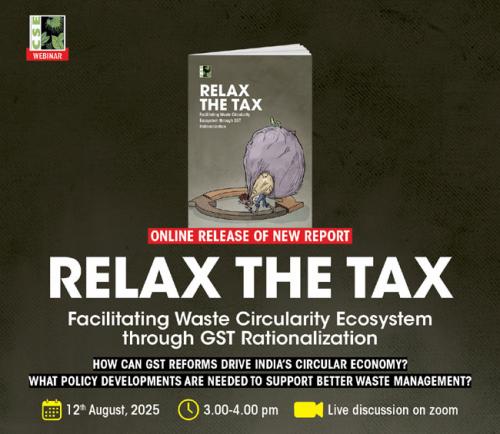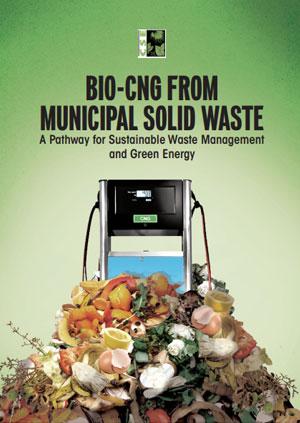Work Overview
The waste management programme at CSE addresses institutional structures involved in waste management, treatment and disposal; helps build regulatory and technical capacities of cities in waste management; and highlights the role of the informal sector in India and global south through in-depth research and advocacy. CSE’s influential publication in 2016 on solid waste management, ‘Not in My Backyard’, highlighted the growing problem of waste in urban areas and carried in-depth case studies from cities following good solid waste management practices, as well as enabling policies and regulations.
As part of its initiative to support implementation, the team signed an MoU with the city of Muzzafarpur in Bihar to develop an enabling framework for solid waste management which can be replicated in other cities and towns of India.
MORE +
Updates
Waste
Global Plastic Negotiations

In March 2022, the world had come together to agree on a groundbreaking UNEA resolution -- 5/14 to “End Plastic Pollution”.
MORE +Waste
Charting the future of city compost
 MORE +
MORE +
















